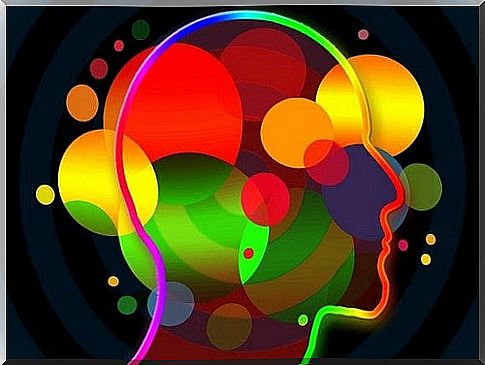Socio-emotional Skills: What Are They?

To define socio-emotional skills, the metaphor of aloe vera is often used : a natural remedy on which new and wonderful properties are discovered day after day. It stimulates well-being, is healthy and is within everyone’s reach. In short, we refer to a wide range of resources that help us manage emotions to live better in society.
This concept, so easy to understand, is more often than not quite complex to put into practice, above all because we are unable to deal with our emotional universe. This explains why nowadays socio-emotional competences are given great importance in the curriculum vitae as transversal competences.
Today’s children must be tomorrow’s adults capable of establishing healthy relationships, of expressing themselves and making decisions in an assertive way, of creating stimulating contexts in terms of empathy. The efforts we will make to initiate them into these resources will facilitate our progress as social animals.
But it’s not just children who need to be proficient in this area. All adults have a duty to improve this psychological aspect that affects their well-being so much.
What are socio-emotional competences?
We could define socio-emotional skills as useful tools for living. The study conducted by Dr. Joseph Durlak at the University of Illinois explains how the product between the emotional teaching given by the family, society or school and the personal development of the individual in the field of emotional skills.
A combination of useful elements is therefore necessary to train children, adolescents and adults able to get by in their daily lives. Because those who know how to master socio-emotional skills have a better performance at school, at work and in private life.
What socio-emotional skills should we develop?
Jonese, DE, Greenberg, M., and Crowley, M. (2015) point out that training socio-emotional skills from an early age is not only reflected in better social adaptability. This area goes further: it has an impact on physical and mental health. We refer specifically to the following skills:
- Self-esteem, which determines the ability to recognize the emotions felt and their relationship with thoughts and actions.
- Self-management. It is the ability to know how to manage emotions in every situation, without losing control, knowing how to adapt one’s behavior.
- Social consciousness : the ability to take into account the reality of others to get in tune with others.
- Communication skills. Knowing how to express oneself, knowing how to listen and solve problems is another indisputable pillar.
- Making decisions constitutes a further key element in socio-emotional competences.
- Setting goals that are realistic, positive and capable of contributing to our achievement is crucial.
- And last but not least, it is vital to be able to build healthy and happy relationships.

Why are socio-emotional skills important?
Research work conducted by Dr. Damon Jones of the University of Pennsylvania has shown that training socio-emotional skills from the age of 4 results in better academic performance.
This benefit is reflected in adult life: greater job satisfaction, better relationships, well-being, etc. The benefits of training these skills are many:
- You are more persevering in achieving your goals. When we take the side of our emotions, our skills improve.
- Friendship, work, family and sentimental relationships are more fulfilling.
- We solve problems more effectively.
- Living together with people who know how to manage their emotions and who are able to understand those of others is much better.
It’s still…
- We learn to better define boundaries, self-esteem, self-efficacy and self-control are strengthened.
- We create more empathic and, therefore, more human contexts.
- The rates of aggression are reduced.
- They reduce stress and anxiety.
- Better socio-emotional skills are reflected, as we said, on greater mental and physical well-being.

How can I refine them?
Often the training of socio-emotional skills is entrusted exclusively to the educational sector. We know that children and adolescents need to master these resources in advance.
What about adults instead? Is it too late for them? The answer is no. It is never too late to improve this psychological fabric of emotions. The key points to get in touch with (or to strengthen) our socio-emotional competences are the following:
- Know yourself. Discover your limits: do you easily get into crisis? Can’t find agreements, communicate, connect with others? Are you having a hard time recognizing your needs and feelings? Identifying your weaknesses will be the starting point for improving yourself.
- Channeling emotions for a more productive purpose. It may be that until now this aspect has caused you only stress and anxiety, but emotions must be oriented towards well-being. If something bothers you, name each feeling (sadness, anger, frustration…), give them space, analyze them and find out what they have to tell you.
- Improving communication skills, empathy and assertiveness is always possible.
Concluding remarks
We live in a society organized in social groups and we are forced to take care of ourselves, to understand each other, to create more livable, happy and productive environments.
Change is part of us. With commitment and will, we will be able to define a more empathic reality, aware that managing and understanding emotions means enjoying a better quality of life.









